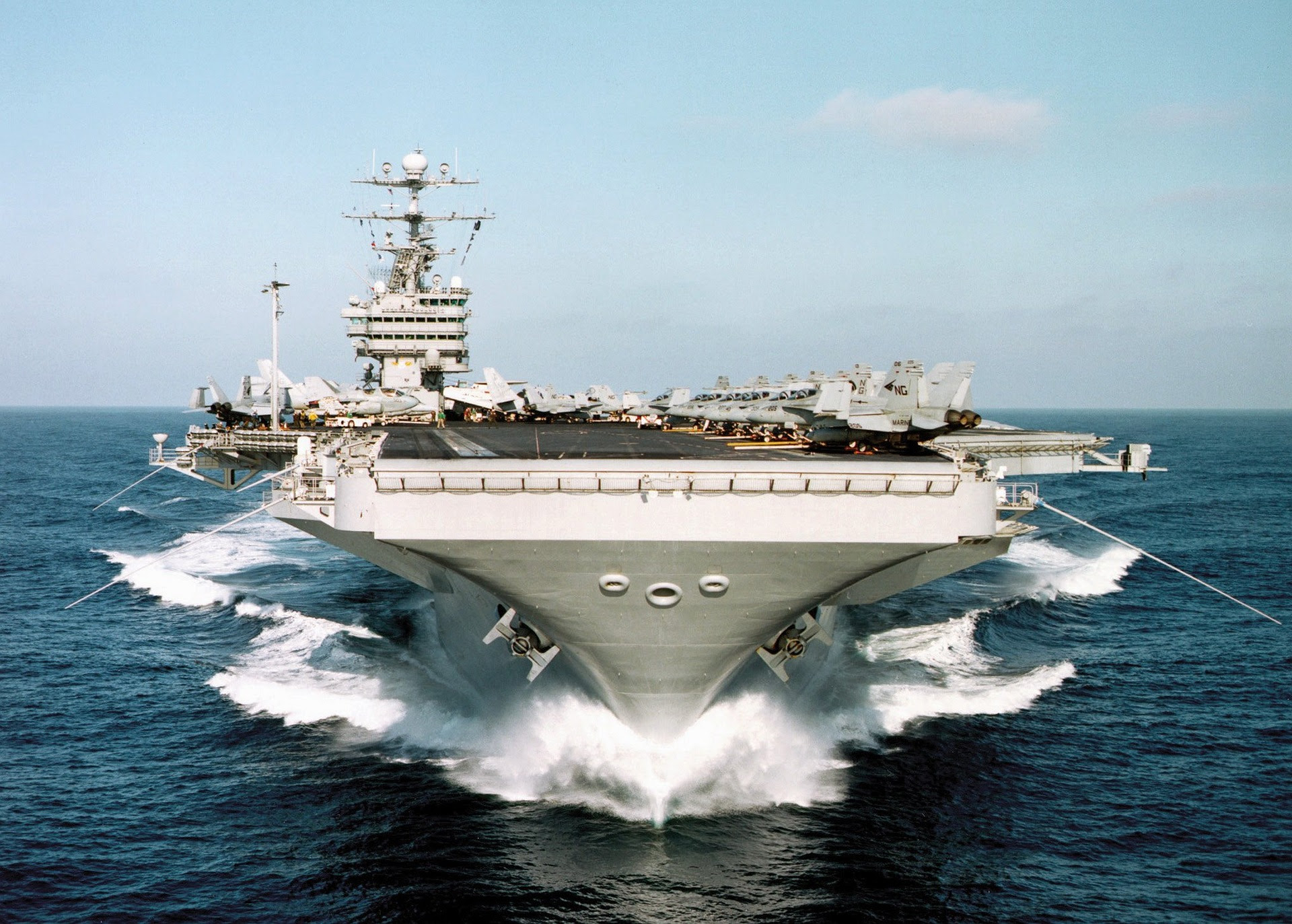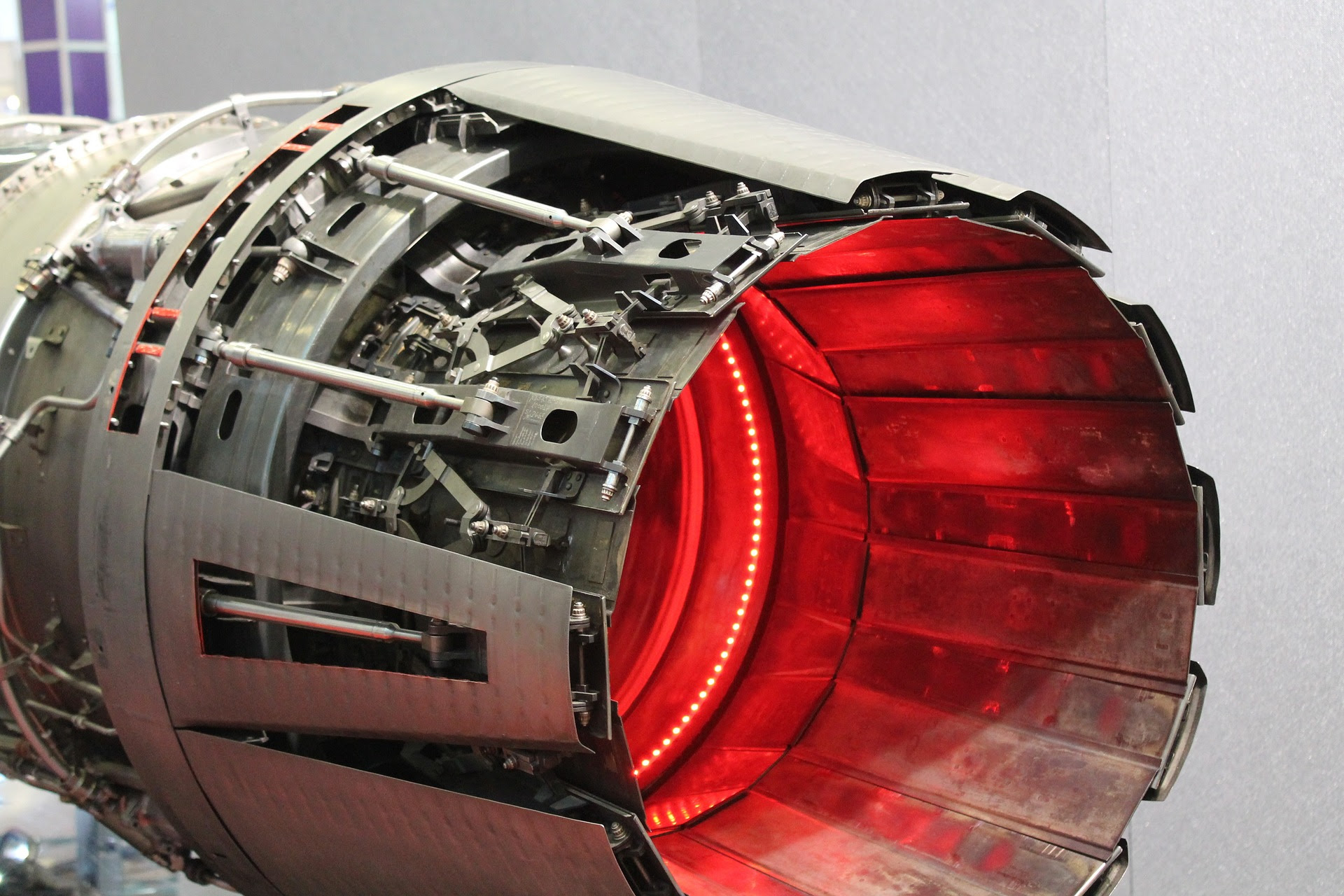Nickel alloys are renowned for their impressive corrosion resistance, but each alloy type has its unique strengths. This newsletter provides a concise overview of some of the top grades.
**Monel: The Saltwater Champion**
For decades, Monel fasteners have been the preferred choice for saltwater-resistant applications, especially in military contexts. Monel bolts are celebrated for their exceptional strength and toughness, with Grade K500 boasting double the strength (160 ksi) of Grade 400 (80 ksi). These bolts even maintain their performance in rapidly flowing seawater, which can degrade other materials. Beyond saltwater, Monel 400 is one of the rare materials capable of handling hydrofluoric acid. In this environment, Monel bolts function effectively across all concentrations up to the boiling point.

**Hastelloy: Handling Extreme Conditions**
Hastelloy fasteners are among the most versatile options for combating high-temperature corrosion. They can withstand aggressive chemicals like hydrochloric and sulfuric acids—even under extreme conditions of heat and concentration. While pure tantalum surpasses Hastelloy in corrosion resistance, it comes at a much higher cost. Hastelloy bolts are frequently utilized in oil fields to combat H2S (sour gas corrosion), as well as in chemical plants and flue gas desulfurization systems.
The most popular grade, C276, offers broad resistance to acids, chemicals, solvents, and chlorides. Grades B2 and B3 concentrate specifically on HCl resistance, providing excellent protection across various temperatures and concentrations.

**Inconel: A Multi-Talented Material**
Inconel fasteners are primarily valued for their ability to maintain strength at elevated temperatures, but they also excel in corrosive environments. Grades 600 and 601 are particularly effective in resisting hot corrosion and oxidation.
Inconel 625 not only resists oxidation at temperatures up to 1800°F but also performs admirably in seawater, acids, and other chemicals. Although it offers slightly less corrosion resistance than Hastelloy, it compensates with greater strength. Inconel 625 is often chosen for applications requiring robust structural integrity.
For situations demanding even higher strength alongside corrosion resistance, Inconel 718 is the go-to option. As an age-hardened variant of Inconel 625, it achieves tensile strengths of up to 220 ksi while maintaining excellent resistance to some of the most severe acidic environments.
---
These nickel-based alloys represent just a fraction of the possibilities within this family of materials. Each grade brings something unique to the table, making them indispensable in industries ranging from marine engineering to aerospace. If you're considering any of these alloys for your next project, understanding their specific strengths will help ensure optimal performance and longevity.
Would you like further insights into selecting the right alloy for your needs? Feel free to reach out—our team is here to assist!
Insulated Glass,Double Pane Glass,Insulated Tempered Glass,Insulated Window Glass
Huaian Hongrui Glass Co.,Ltd , https://www.hongruiglass.com